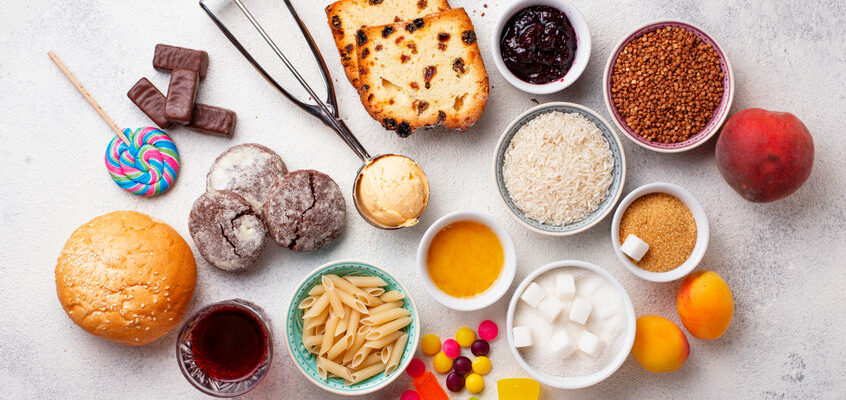
A routine check-up at the doctor will provide you with a few basic numbers: heart rate, blood pressure, and cholesterol, among other things. However, despite its prevalence in doctor’s reports, many are left wondering about how cholesterol works and ways to improve it. Understanding its role in our bodies and our overall health can lead the way for improved heart health and possibly even encourage longevity. While our diets have long been connected to this essential substance in the body, current research examines the importance of other health factors. Read on to learn how food affects cholesterol and its part in the heart health equation.
What is Cholesterol?
High or low, good or bad, we hear a lot of terms to describe it, but what is cholesterol really? Technically, it is a lipid that the liver naturally produces. This fatty substance plays a critical role in constructing cell membranes, some hormones, as well as Vitamin D¹. Although this lipid cannot dissolve in water, meaning it needs help traveling through the bloodstream. As a result, the body produces lipoproteins, which are a combination of fat and protein, to help transport these lipids.
The Good Versus Bad
When it comes to lipoproteins, there are two kinds:
- Low-density lipoproteins (LDL) otherwise known as “bad” cholesterol.
- High-density lipoproteins (HDL) are commonly referred to as the “good” kind.
Essentially, LDL is cholesterol transported through the blood by low-density lipoproteins. Yet, too much of these lipoproteins in the blood often leads to a “high” diagnosis. Furthermore, triglycerides, a fatty substance similar to LDL, are also measured with the lipoproteins to provide what we know as total cholesterol. The Centers for Disease Control and Prevention (CDC) indicate that approximately 94 million Americans, aged 20 or older, have total cholesterol levels of 200 mg/dL², which is considered borderline high³. The ratio of LDL to HDL is 130-159 mg/dL and 40-50 mg/dL, respectively, for a borderline high diagnosis. It is worth noting that if left untreated, high LDL levels can lead to heart problems such as heart attack or stroke.
Why Do I Have High Cholesterol?
Diet is commonly considered the number one cause of high LDL levels; however, there are other risk factors¹ to consider, including:
- Obesity
- Genetics
- Habits such as tobacco smoking
- Sedentary lifestyle
- Pre-existing conditions like diabetes, hypothyroidism, polycystic ovary syndrome (PCOS), liver disease, or kidney disease
- Some medications, including progestins, anabolic steroids, or corticosteroids
Alongside these issues, consumption of foods high in trans fats such as fried or processed foods, as well as saturated fats can exacerbate the situation. Dietary cholesterol found in foods of animal origin, including meat or cheese, may also increase LDL levels in the body.
Lowering LDL with Food
Whether or not you are genetically predisposed to high cholesterol, there are ways to manage it through a balanced diet. Previously, it was believed that foods like eggs or liver could increase LDL levels in patients, although recent research suggests the impact is modest⁴. Nonetheless, studies have found that consumption of certain foods can lower LDL⁵. These foods are as follows:
- Oats
- Barley
- Beans
- Eggplant
- Okra
- Nuts
- Vegetable oils (rapeseed or canola oil⁶)
- Apples
- Grapes
- Strawberries
- Citrus Fruits
- Soy
- Fatty fish
- Fiber supplements
- Foods fortified with plant extracts like sterols and stanols
When seeking to lower your LDL and increase HDL levels, it’s vital to make lasting changes to how you see and eat food. Harvard Medical School notes that a largely vegetarian or plant-based diet can notably lower LDL levels. What matters most is crafting a low-cholesterol diet by consuming several of the foods listed above, rather than just a few, for long-term beneficial effects. A balanced diet is key to maintaining good health. From what you eat to the food you purchase at the store, you must commit if you want to lower your LDL levels for good.
References
- MacGill, Markus. “Cholesterol: What Causes High Cholesterol?” Medical News Today, MediLexicon International, 16 Jan. 2019, www.medicalnewstoday.com/articles/9152.
- “High Cholesterol Facts.” Centers for Disease Control and Prevention, Centers for Disease Control and Prevention, 27 Sept. 2021, www.cdc.gov/cholesterol/facts.htm.
- “Cholesterol Test.” Mayo Clinic, Mayo Foundation for Medical Education and Research, 15 May 2021, www.mayoclinic.org/tests-procedures/cholesterol-test/about/pac-20384601.
- “Cholesterol.” The Nutrition Source, Harvard T. H. Chan School of Public Health, 2 Mar. 2020, www.hsph.harvard.edu/nutritionsource/what-should-you-eat/fats-and-cholesterol/cholesterol/.
- “11 Foods That Lower Cholesterol.” Harvard Health, Harvard Health Publishing, 13 Aug. 2021, www.health.harvard.edu/heart-health/11-foods-that-lower-cholesterol.
- Schoeneck, Malin, and David Iggman. “The Effects of Foods on LDL Cholesterol Levels: A Systematic Review of the Accumulated Evidence from Systematic Reviews and Meta-Analyses of Randomized Controlled Trials.” Nutrition, Metabolism, and Cardiovascular Diseases : NMCD, U.S. National Library of Medicine, 16 Jan. 2021, pubmed.ncbi.nlm.nih.gov/33762150/.
Ashuni Pérez is a writer in the culinary, as well as health and wellness industries. With a background in teaching and digital media, she loves to learn and help others discover more about their food, where it comes from, and how best to prepare it. A foodie through and through, she is always searching for new recipes and the freshest ingredients.


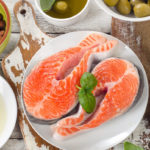


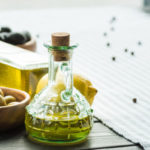
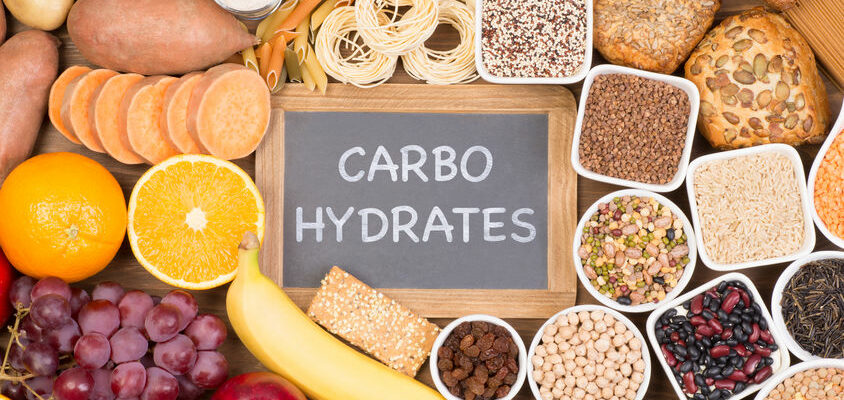

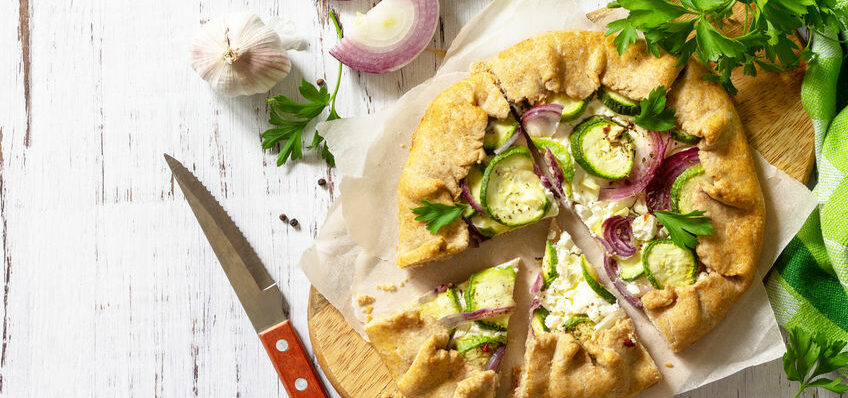
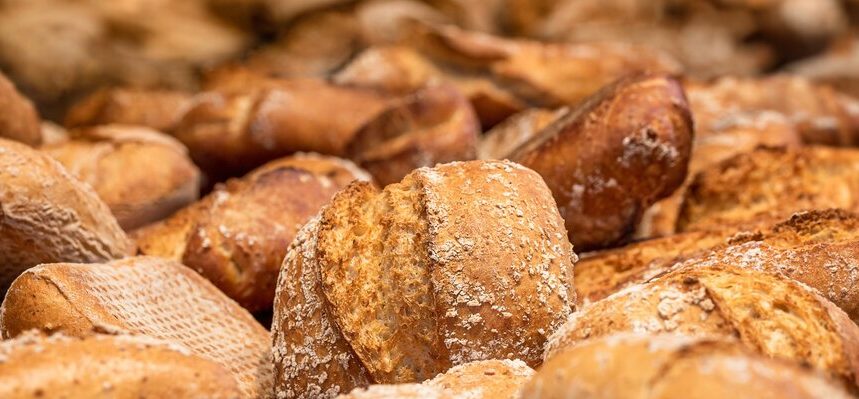

Leave A Comment